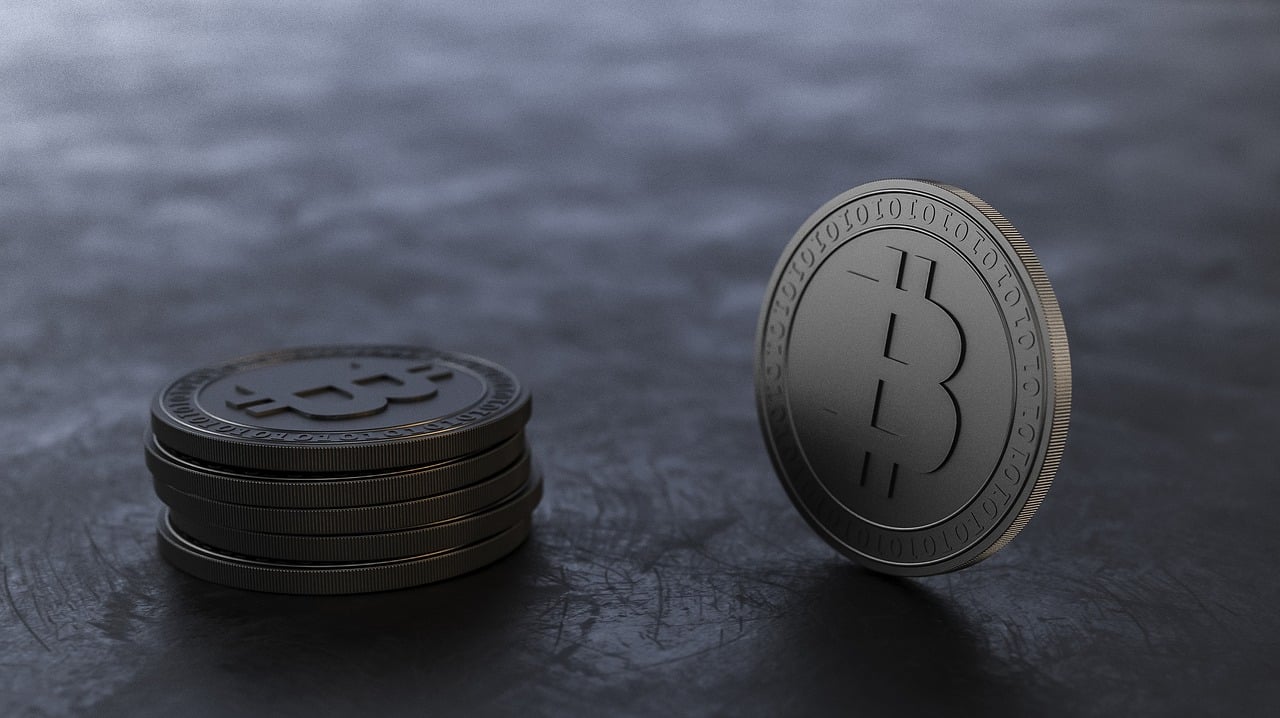Japan is set to become the primary battlefield for virtual currency blockchain technology in 2018. Of all the countries in the world, Japan has made the most progress In legitimizing the use of cryptocurrencies like Bitcoin in everyday life.
For example, the Virtual Currency Act described and identified what a virtual currency is and clarified that bitcoin can indeed be considered an asset and method of payment. Meanwhile, the Japan Financial Services Authority has been granted the ability to both regulate, as well as issue licenses, to virtual currency exchanges in Japan.
Bitcoin Price Hovering At $10K
Virtual Currency Blockchain Technology Developing Rapidly
The country has also been taking steps to develop and encourage the use of blockchain technology. The Bank of Japan is working with the European Central Bank to develop a blockchain based system to help handle money transfers. Codenamed Stella, the two central banks are working on a fast highly scalable transaction system, designed to process 50 to 60 transactions per second, leapfrogging Bitcoin, which can only handle a maximum of 7 transactions per second.
According to blockchain supporters, the most prominent positive argument for the adoption of this technology is its ability to dramatically simplify and speed up complicated multi-party transactions across various Industries. the SWIFT payment system is a perfect example of infrastructure that’s ripe for disruption. A closed system with relatively low traffic, SWIFT is slow and paper-intensive, and the business is already working with Ripple on an innovative blockchain solution.
However, these Solutions may not turn out to be the Amazing revolution some claim they could be. Nicholas Smith, Japan analyst at CLSA, points out that the main problem Holding back the adoption and development of blockchain technology, especially at central banks is “ the service level is already pretty high with existing systems.” he goes on to say that blockchain is not faster than the Real Time Gross Settlement System currently in place and while it could offer cost savings “it could also end up costing more.” Indeed, despite the fact that banks have been able to transact via Ripple for some years now, uptake has been minimal.





